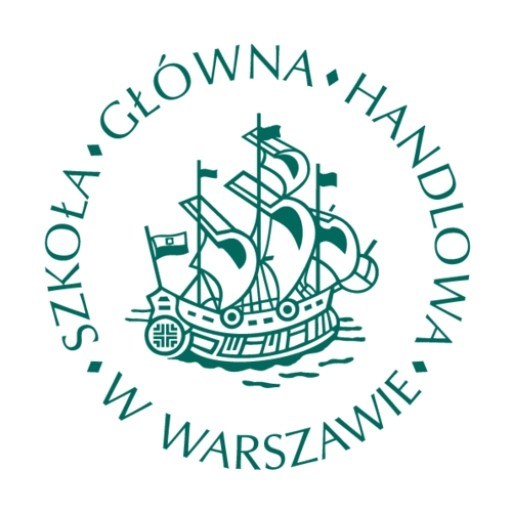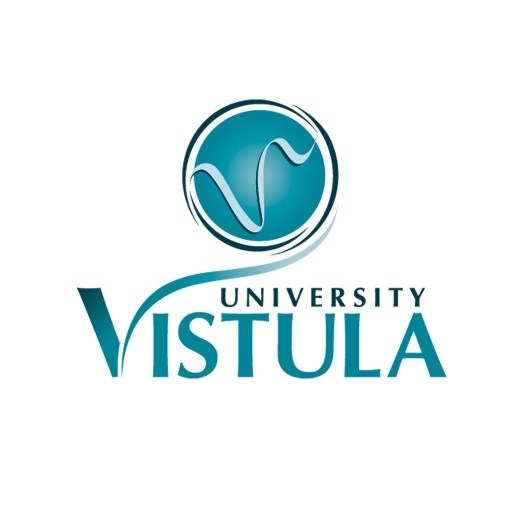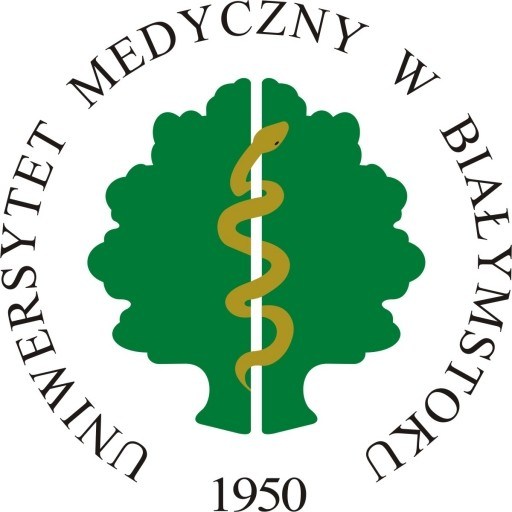The International Economics programme at SGH Warsaw School of Economics offers students an in-depth understanding of the complex global economic environment and prepares them for careers in international trade, finance, and economic policy. Designed for aspiring economists, policymakers, and business professionals, the programme combines rigorous theoretical coursework with practical applications, equipping students with essential analytical skills and a comprehensive knowledge of international economic relations.
Throughout the programme, students explore key topics such as international trade theories, monetary and fiscal policy, global markets, exchange rate dynamics, economic development, and the impact of globalization. The curriculum emphasizes analytical methods, including econometrics and data analysis, enabling students to interpret and utilize economic data effectively. Additionally, the programme covers current challenges in international economics such as trade tensions, economic integration, and sustainable development, preparing graduates to navigate and influence the rapidly changing global landscape.
The programme is delivered by experienced faculty members who are engaged in cutting-edge research and active in international academic and policy networks. Lessons are conducted through a mix of lectures, seminars, case studies, and group projects, fostering interactive learning and critical thinking. Students have access to various international exchange opportunities, internships, and workshops, allowing them to gain practical experience and develop global professional networks.
Graduates of the International Economics programme are well-equipped for careers in multinational corporations, international organizations, government agencies, financial institutions, and consulting firms. They possess the analytical tools and understanding necessary to formulate policies, analyze international markets, and contribute to economic growth and stability. The programme also provides a solid foundation for those wishing to pursue further studies or research in economics or related fields. With its strong international orientation and emphasis on practical skills, the programme ensures students are prepared to meet the demands of the global economy and to make a meaningful impact in their professional endeavors.
The International Economics programme at SGH Warsaw School of Economics offers students a comprehensive understanding of the global economic environment, equipping them with the analytical skills necessary to navigate and influence international markets. The curriculum is designed to blend theoretical foundations with practical applications, preparing graduates for careers in international trade, finance, policy analysis, and global business strategy. Throughout the course, students explore key topics such as international trade theories, economic integration, financial markets, exchange rate dynamics, and the impact of globalization on national economies. Emphasis is placed on understanding the complexities of global supply chains, trade policies, and tariffs, as well as the role of international institutions like the WTO, IMF, and World Bank. The programme incorporates modern econometric and statistical tools, enabling students to analyze real-world data and formulate evidence-based policy recommendations. Additionally, students gain insight into contemporary issues such as sustainable development, economic inequality, and digital transformation within the international economic context. The programme also fosters cross-cultural communication skills and interdisciplinary thinking by engaging students in case studies, internships, and collaborative projects with international organizations and companies. Graduates are well-prepared to pursue careers in government agencies, international organizations, multinational corporations, financial institutions, or to continue their studies in master's or doctoral programmes. With a strong emphasis on research and critical thinking, the International Economics programme at SGH Warsaw School of Economics strives to develop professionals capable of shaping and implementing effective economic policies in a highly interconnected world.
Program requirements for the International Economics degree at SGH Warsaw School of Economics include a comprehensive set of criteria designed to ensure that admitted students possess the necessary academic background and skills. Applicants are typically required to hold a secondary school leaving certificate or its equivalent, demonstrating strong performance in relevant subjects such as mathematics, economics, and foreign languages. Prior knowledge of mathematics at least at the level of high school algebra, calculus, and statistics is highly recommended, as these skills are essential for success in core courses. Additionally, proficiency in English is mandatory, often confirmed through standardized tests like TOEFL or IELTS, with minimum score thresholds set by the university. Candidates may also be required to submit a motivation letter outlining their interest in international economics and career aspirations, as well as evidence of extracurricular activities or internships related to economics or international affairs. The selection process may include an interview, either in person or online, to assess the applicant's motivation, language skills, and overall suitability for the program. For international students, additional requirements such as visa documentation, proof of residence, and sometimes equivalency certificates for their secondary education are necessary. The university encourages applicants to demonstrate critical thinking, analytical skills, and a global perspective, which are integral to the curriculum. Before admission, candidates should review specific entry requirements and deadlines posted on the official SGH Warsaw School of Economics website. Overall, these criteria aim to select motivated students with a solid academic foundation and a genuine interest in understanding complex economic relationships on an international scale.
The financing of the International Economics program at SGH Warsaw School of Economics is primarily supported through a combination of tuition fees paid by students, government funding, and institutional subsidies. Tuition fees are set annually and vary depending on the student's nationality and the type of program (full-time, part-time, or postgraduate studies). For international students, fees are generally higher and contribute significantly to the program’s operational costs, including faculty salaries, course materials, and facility maintenance.
The university allocates part of its budget from the Polish government, which recognizes SGH as a prestigious institution for economic education. These funds support infrastructural development, research activities, and academic staff remuneration, ensuring high-quality delivery of the program. Additionally, SGH pursues international grants and research fondos, which occasionally subsidize specific courses or research components within the program.
Students may also access scholarships, grants, and financial aid offered by the university based on academic performance, need, or merit. Such financial assistance can help offset tuition fees or living expenses and encourage talented students to enroll in the program. Furthermore, the university collaborates with various industry partners and governmental agencies, which sometimes provide sponsorships or internships that include financial support for students.
The cost of living in Warsaw, including accommodation, transportation, and other expenses, is an important consideration for students financing their studies. While accommodation costs can be significant, the university offers various housing options or guidance on affordable living arrangements to assist students.
Overall, the financing structure aims to ensure the sustainability of the International Economics program while minimizing financial barriers for qualified students. The university continuously seeks new funding opportunities and partnerships to enhance the quality and accessibility of the program.
International Economics at the SGH Warsaw School of Economics is a comprehensive undergraduate program designed to equip students with a solid foundation in economic theory, international trade, finance, and global economic policies. The curriculum combines theoretical knowledge with practical applications, preparing graduates for careers in international organizations, governmental agencies, financial institutions, and multinational corporations. The program emphasizes development of analytical skills, understanding of international market mechanisms, and the ability to evaluate economic policies in a global context. Students have opportunities to participate in internships, exchange programs, and research projects, fostering a global perspective and professional readiness. Courses cover a range of topics including macroeconomics, microeconomics, international trade law, economic development, and monetary policy, often delivered by experienced faculty with diverse international backgrounds. Language instruction, particularly in English, is integrated throughout the program to ensure graduates are proficient in communication within international environments. The program also encourages interdisciplinary learning, integrating aspects of political science, sociology, and history to provide a holistic understanding of international economic issues. SGH Warsaw School of Economics maintains strong ties with international academic institutions and encourages student mobility. Graduates receive a Bachelor’s degree in International Economics, enabling them to pursue further studies or enter the workforce with confidence. The program's approach ensures that students are well-prepared to analyze and adapt to the rapidly changing global economic landscape, making it a competitive choice for aspiring economists and international business professionals.










